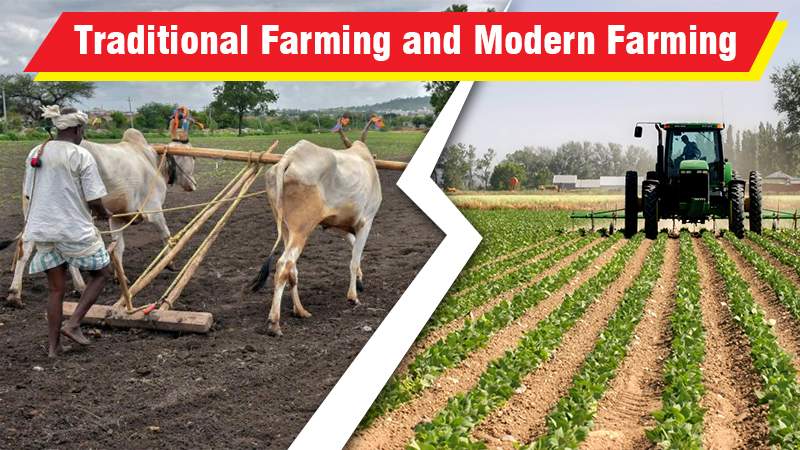
Innovative Approaches to Input Efficiency: A Path to Increased Profitability
Introduction
Running a successful farm operation requires careful management of resources and costs. In an industry where profit margins can be tight, finding ways to reduce farm costs is crucial for maximizing profitability. In this article, we will explore five effective strategies that can help farmers reduce expenses without compromising the quality of their produce or the efficiency of their operations.
1. Improve Your Farm Machinery
Investing in modern and efficient farm machinery can significantly reduce costs in the long run. Upgrading outdated equipment with newer models that offer improved fuel efficiency and productivity can result in substantial savings on fuel and labor costs. Regular maintenance and timely repairs are also essential to ensure that your machinery operates at its peak performance, reducing the risk of breakdowns and costly downtime.
2. Employ More Efficient Weed and Pest Management
Weeds and pests can pose a significant challenge to crop yields and profitability. However, employing more efficient weed and pest management techniques can help reduce the need for costly chemical treatments and minimize yield losses. Integrated Pest Management (IPM) practices, such as crop rotation, biological control, and targeted pesticide application, can help farmers effectively manage pests while minimizing the environmental impact and the associated costs.
3. Boost Your Yield Gains
Increasing crop yields is a key factor in reducing farm costs and maximizing profitability. By implementing proven strategies to enhance yield gains, farmers can produce more without having to expand their operations. This includes optimizing soil fertility through regular soil testing and appropriate nutrient management, utilizing precision agriculture techniques to optimize planting density and spacing, and adopting advanced irrigation systems to ensure optimal water usage. By maximizing yields, farmers can spread their fixed costs over a larger production volume, reducing the cost per unit produced.
4. Reduce Labor Costs with Tractor Implements
Labor costs can be a significant expense for any farm operation. Investing in tractor implements, such as seeders, harvesters, and cultivators, can help automate labor-intensive tasks and reduce the need for manual labor. These implements are designed to increase efficiency and productivity while minimizing the number of workers required. By reducing labor costs, farmers can allocate their resources more effectively and achieve greater cost savings.
5. Embrace Sustainable Practices
Sustainable farming practices not only benefit the environment but can also lead to cost savings for farmers. Implementing conservation practices, such as cover cropping, reduced tillage, and proper waste management, can help improve soil health, reduce erosion, and enhance water conservation. These practices can lead to long-term cost savings by minimizing the need for synthetic inputs, improving soil fertility, and reducing the risk of soil degradation.
6.Efficient Machinery Utilization and Maintenance:
Farm machinery represents a significant investment, and optimizing its use is crucial for cost reduction. Regular maintenance and timely repairs can extend the lifespan of equipment, ensuring it operates at peak efficiency. Additionally, farmers can explore cooperative machinery sharing arrangements with neighboring farms to maximize the use of expensive equipment. Investing in newer, more fuel-efficient machinery may also result in long-term savings on fuel costs.
Trimming the Budget: Try These Tips Now for Effective Spending Cuts
To run a successful commercial farm, you must make more money than you put in. To do this, you have to be as efficient as possible.
These tips on how to cut expenses will help you get the most out of your farm. Try it today and see how much you can save.
Proper up-to-date use of machinery and equipment is vital to the farm.
Click here to learn more about this.
Conclusion
Reducing farm costs is essential for farmers to maintain profitability and sustainability in an increasingly competitive industry. By implementing the strategies mentioned above, farmers can improve their efficiency, reduce expenses, and maximize their profits. Investing in modern farm machinery, employing efficient weed and pest management techniques, boosting yield gains, reducing labor costs with tractor implements, and embracing sustainable practices are all effective ways to reduce farm costs while ensuring the long-term success of your operation.



